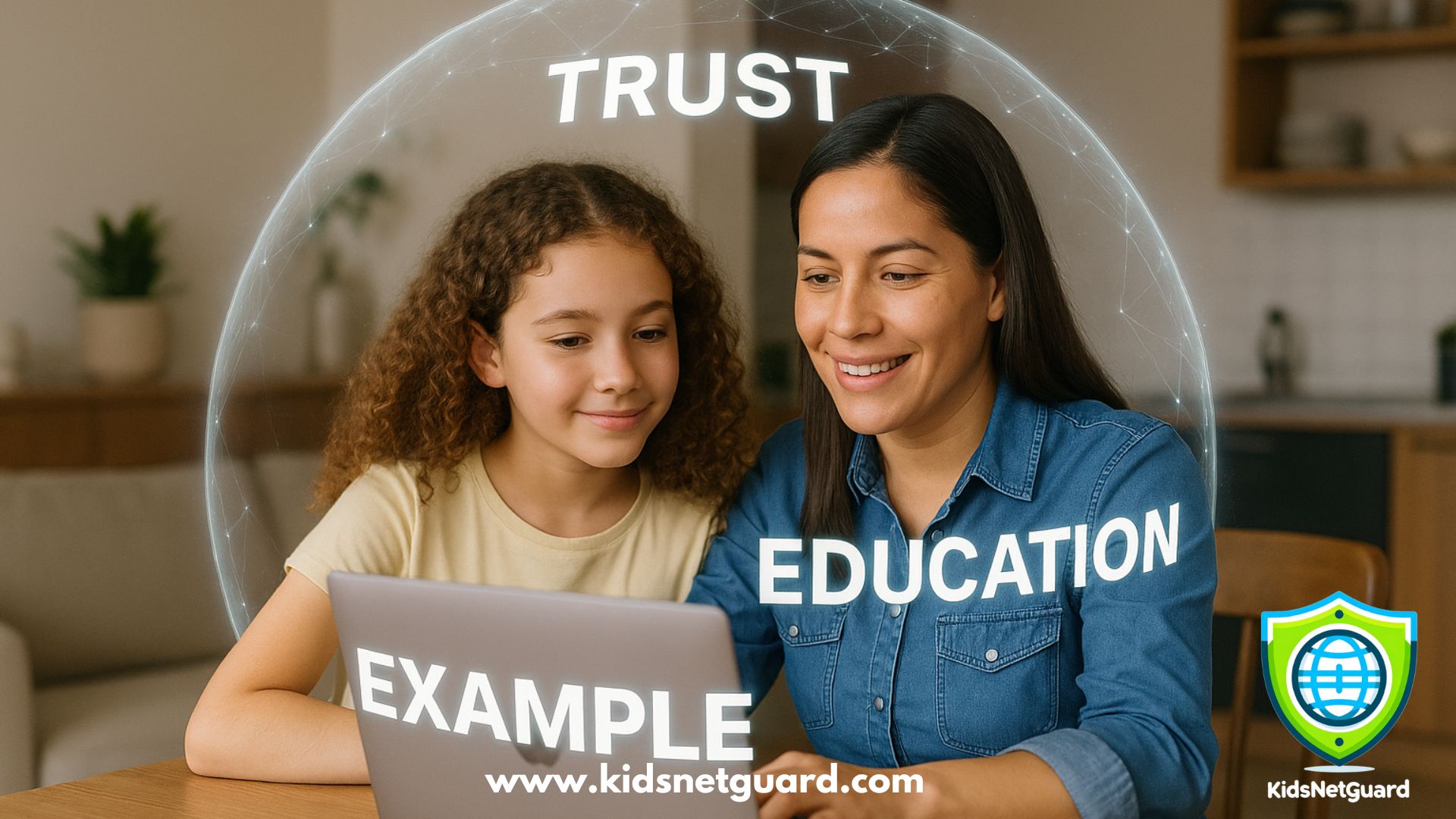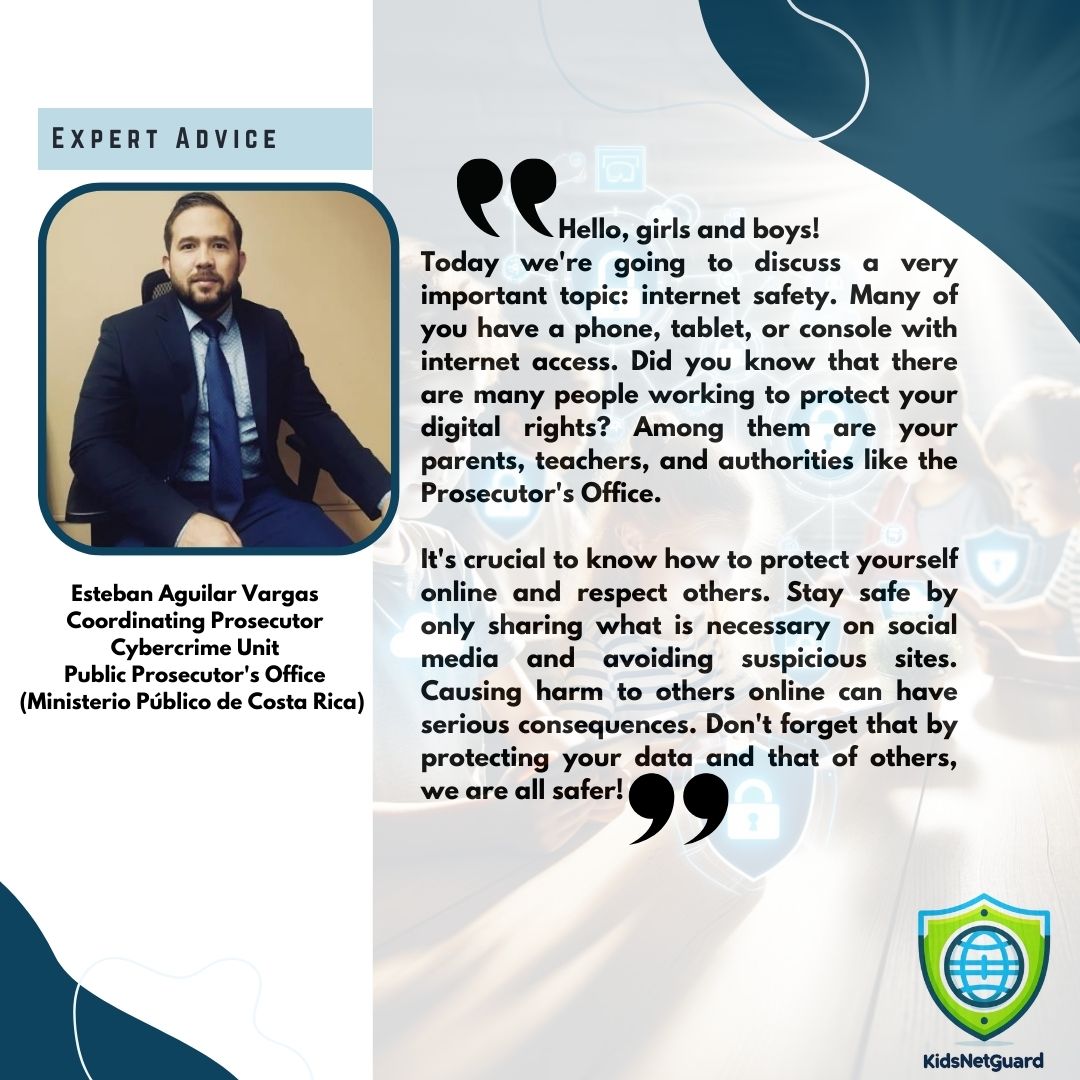Fostering the Right Path: From Hacking Enthusiasts to Cybersecurity Defenders
In an increasingly interconnected world, online security has become an undeniable priority. The curiosity of children and teenagers about the digital universe can lead them to take an interest in hacking, a field that, if properly guided, can open doors to a rewarding career in cybersecurity. However, the easy access to manuals, videos, and other resources that promote cyber-illicit practices represents a significant challenge. Likewise, exploring the deep web without proper knowledge can expose minors to unnecessary risks. So, what actions should we, as parents or educators, take?
Undoubtedly, the key to transforming interest in hacking into a positive force lies in education. Providing young people with accessible and engaging knowledge about cybersecurity will allow them to understand the repercussions of their actions in cyberspace. Through workshops, online courses, and seminars, we can teach them to use their skills to protect, rather than harm, fostering a sense of responsibility and ethics.
Access to mentors who are already established in the field of cybersecurity can be incredibly valuable. These professionals can guide young people, showing them the positive impact their skills can have on protecting information and systems. Role models can inspire young people to aspire to legitimate and ethical careers in computer security.
It would be ideal for educational institutions to provide controlled environments where young people can experiment with and test their hacking skills ethically. As we know, the so-called “hacking labs” or cybersecurity competitions like CTF (Capture The Flag) can allow young people to challenge their skills in a safe and legal context, learning the importance of ethics in cybersecurity at the same time. These educational centers could seek advice and collaboration from communities and formal groups of experts in cybersecurity and ethical hacking to achieve these goals.
On the other hand, it is essential to educate minors about the risks associated with exploring the deep web. Curiosity can lead them to very dangerous digital environments without proper supervision. Through education, we can teach them to recognize and avoid potential dangers, emphasizing the importance of navigating the internet safely and responsibly.
Instilling a strong digital ethic from an early age is crucial. This includes teaching respect for others’ privacy, the importance of protecting personal and corporate information, and the legal and moral consequences of actions in cyberspace. A strong ethical sense will guide young people to make positive decisions in their interaction with technology.
In conclusion, by fostering a positive, educational, and ethical cybersecurity culture, we can direct young people’s enthusiasm for hacking towards developing skills that will protect not only them but also the digital world around us. It is our duty as parents, educators, and cybersecurity professionals to guide the next generation to become defenders and not threats to cybersecurity. At KidsNetGuard, we are committed to assisting with this initiative, offering resources to educate children and young people about online safety in a fun and engaging way. Together, we can create a secure digital future for everyone.









Post Comment